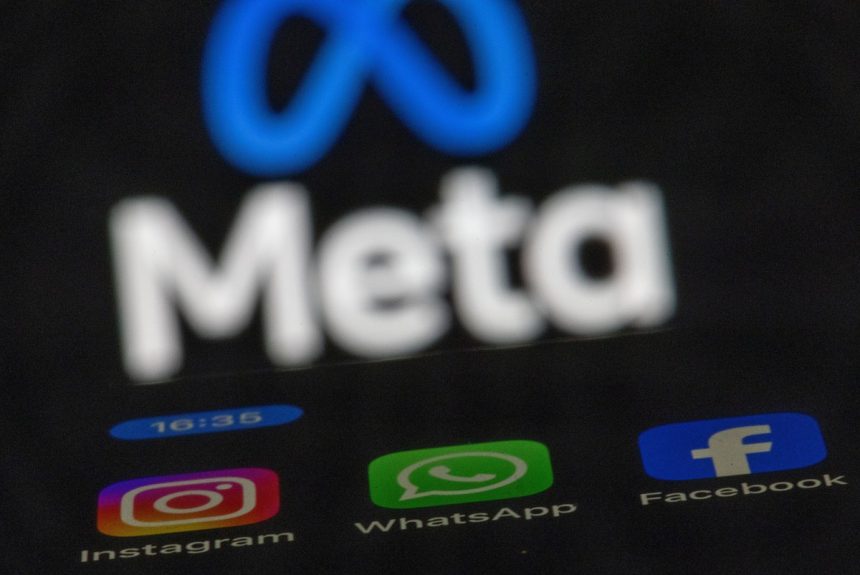Impact of Meta’s CrowdTangle Shutdown on Research and Journalism
The recent decision by Meta to discontinue CrowdTangle has sparked significant concern among journalists, researchers, and policymakers. This tool was invaluable for monitoring the dissemination of misinformation across Facebook and Instagram platforms. With CrowdTangle now defunct, Meta is substituting it with a new feature called the Content Library. However, access to this library will be restricted solely to “qualified academic or nonprofit institutions engaged in scientific or public interest research.” This limitation has raised alarms among many researchers who relied on CrowdTangle for their analytical needs.
Repercussions for Misinformation Tracking
The loss of CrowdTangle is particularly alarming as it served as a vital resource in understanding how false narratives spread online. Tracking such information is crucial not just for academics but also for the general public’s awareness of digital media practices. According to recent statistics from 2023, over 60% of adults report encountering misinformation on social media at least once a week, making tools like CrowdTangle instrumental in combating these trends.
A Shift Towards Restriction: The Content Library
Meta’s introduction of the Content Library comes with stringent access rules that may hamper ongoing research efforts significantly. Many scholars are concerned that without widespread access to this data, transparency regarding misinformation dynamics could deteriorate further. The transition from an open-access platform like CrowdTangle to one limited by institutional affiliations raises questions about equitable research opportunities.
The Future Landscape: Adapting Research Methodologies
In light of these changes, researchers must adapt their methodologies and seek alternative tools that can fill the void left by CrowdTangle. Platforms focusing on real-time data visualization or those aggregating user-generated content may offer some insights; however, they still lack comprehensive datasets previously available through crowded engagement metrics provided by Meta’s now-unavailable service.
This shift not only highlights challenges faced within academia but also underscores broader implications for societal information literacy initiatives aimed at reducing disinformation impact across social networks.
(© 2024 TechCrunch – All rights reserved.)






